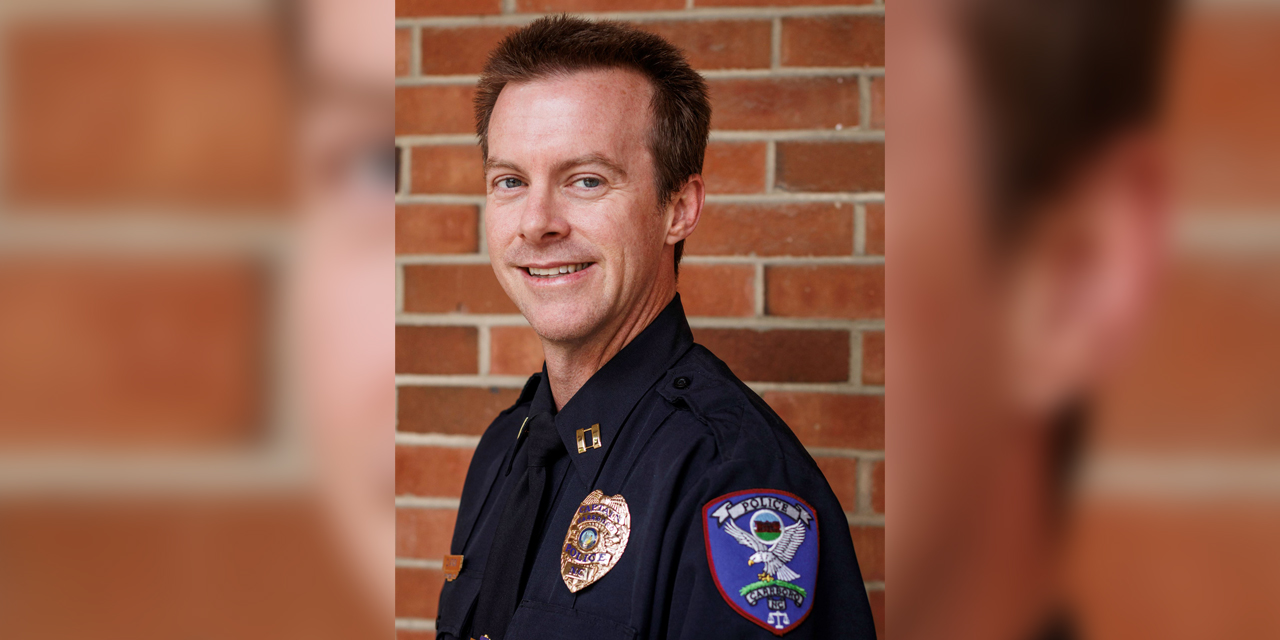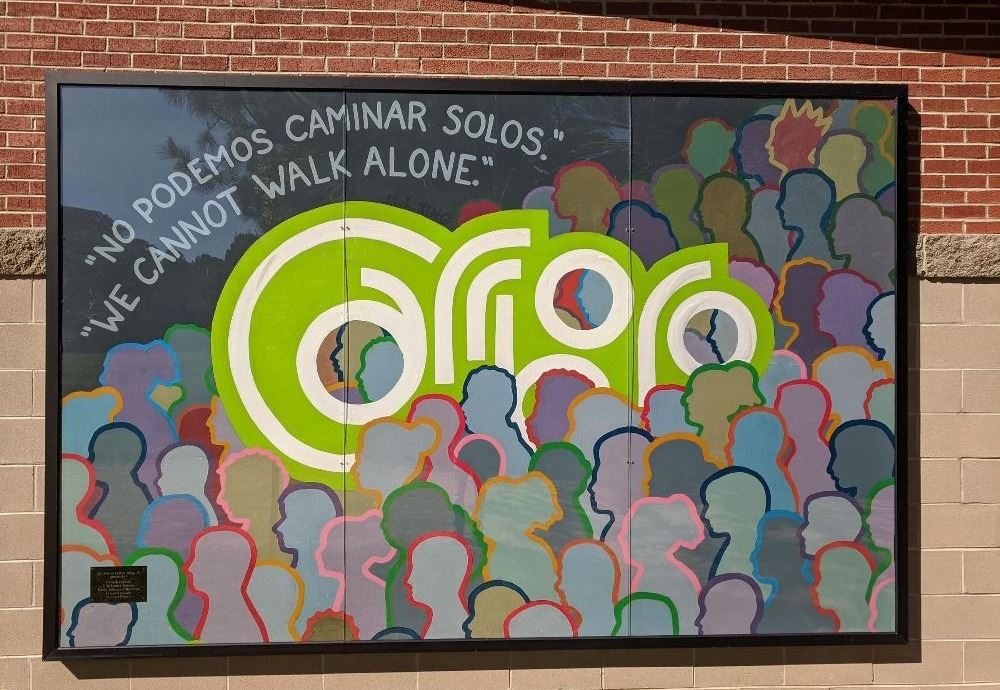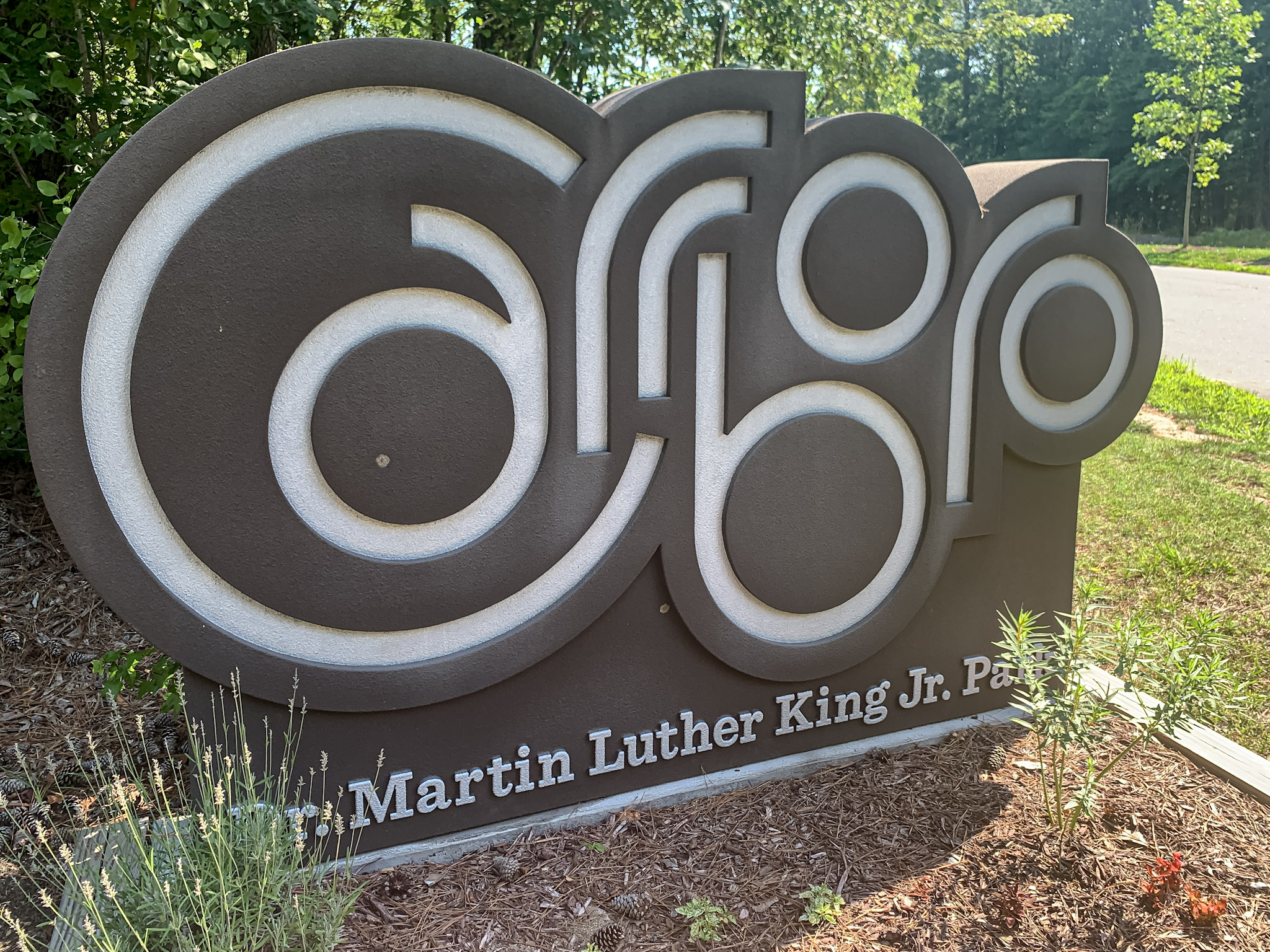The Carrboro Town Council held a work session Tuesday night to discuss the final report from the Community Safety Task Force (CSTF). The CSTF was assembled in the aftermath of the murder of George Floyd to address racial violence in Carrboro to review best practices, consider issues related to the safety and well-being of Carrboro residents, and submit recommendations to the council to promote racial equity in law enforcement. Council members Randee Haven-O’Donnell and Eiazar Posada were not present at the meeting.
The task force consisted of a group of Carrboro residents with professional expertise and lived experience with issues of racial equity and law enforcement. Its conclusions suggest changes within and outside the Carrboro Police Department including reducing the number of arrests in favor of citations, reducing the number of citations in favor of deflection, eliminating unnecessary uses of force, and eliminating racial disproportionality in policing. It also recommended moving funding away from law enforcement and toward social services.
Chief Race and Equity Officer Anita Jones-McNair presented five recommendations that surfaced from the research to affect such changes. The recommendations are to (1) develop a non-police crisis response system similar to Durham’s HEART program, (2) reallocate some police department funding to support other services, (3) create a standing advisory board to monitor task force recommendations, (4) make reforms to police policies and accountability, and (5) improve CPD data collection, reporting, and use.
Police Chief Chris Atack also presented current Carrboro Police Department policies and procedures. He emphasized the enforcement philosophy of CPD includes the use of non-arrest as much as possible and does not include performance measures that encourage arrest or charging in traffic policy. He also discussed CPD’s ongoing hiring search for a social worker, which is currently in its third round of applications.
Mayor Barbara Foushee asked Atack his view on the task force’s recommendation to reduce the amount of patrolling officers in the CPD.
“The reality is, the relationships that officers build in the community, the officers being seen, being known, and knowing folks, is to me one of the more valuable relationship, community de-escalation options we have,” Atack said.
“The concerns about what’s happening with enforcement,” Atack continued, “is it even-handed, is it consistent, is it overly harsh, are 100 percent valid. And we want to be held accountable as a department. We want people to ask these questions and we want people to say what are you doing, what is your thinking, why do you operate this way? But I am also challenged when we think about we’d have less people available to respond to crisis or other situations. Again, it’s that balance. That’s where my mind is on it. I think it would be a real challenge.”
Mayor Pro Tempore Danny Nowell followed up on the issue of the number of patrolling officers present in the community.
“I hear and appreciate the desire to have foot patrol officers as a sort of community bridge building thing,” Nowell said, “I think that the outreach from the task force is that that’s not getting home, is that people on the ground are not feeling like foot patrol officers are in fact building bridges in communities.”
Nowell expressed his view that to improve community relations, the town could follow the recommendation in the report to hold listening sessions with community members and law enforcement. He noted a full-time social worker could be beneficial for this type of action and he would like to have an actionable agenda item proposal from Atack to staff such work.
Council Member Jason Merrill followed up on the topic of increasing non-armed law enforcement staff. He asked Atack his view on the implementation of a pilot program to model Durham’s HEART program, which connects Durham residents experiencing non-violent crises with care beyond the police. The program, which was referenced in the CSTF report, is run by the Durham Community Safety Department. Atack, who expressed interest in the HEART program during his presentation, responded by saying such a pilot program would likely best be implemented between three and eight p.m. due to the increase in activity during those hours, though he could find more concrete data for the council.
Despite Atack’s interest in a program like Durham’s HEART program, he cautioned the council of challenges that would face law enforcement upon the implementation of such a program.
“The challenges sometimes are going to come down from a resource standpoint,” Atack said. “So, if you have somebody in crisis you determine that it’s a safe scene and you want to hand it off to somebody, and that somebody needs to be there within a reasonable amount of time, and that’s been some of the challenge. I think there’s been a lot of good intention but I think sometimes the lag time is problematic.”
Council Member Catherine Fray drew attention to the task force’s finding that affordable housing was the top concern among non-police-related concerns. According to the report, “without affordable housing for all Carrboro community members, the impact of these recommendations will be more limited than we hope.”
“I wouldn’t be me if I didn’t bring affordable housing into this in some way,” said Fray, “and I think it’s actually quite relevant in two distinct ways. It’s something that the task force called out directly: that affordable housing is a direct driver of public safety, and that folks are not stuck on the street, and that folks are not forced into behaviors that neither they nor we want as a result of being stuck on the street. But in a second way, also, in that one of the best practices that has come out of 20 years of work with mixed results on police-community relations and police accountability is that it matters where police live.”
Mayor Foushee, who expressed her view that the town should work to achieve all five recommendations proposed by CSTF, concluded the meeting by having the council’s staff reiterate goals laid out by council members during the meeting. These goals included:
- developing an outreach plan for engaging with community partners
- developing a budget plan that includes funding and data analysis
- establishing full-time funding for a social worker within CPD in perpetuity
- and developing plans for non-police crisis response.
The council members also expressed a desire to hear from Caitlin Fenhagen of the Orange County Criminal Justice Resource Department in the next hearing to foster collaboration between relevant governing bodies.
The Carrboro Town Council’s next meeting is scheduled for Tuesday, January 30 at 7:00 p.m. To watch the full work session from January 16, click here.
Chapelboro.com does not charge subscription fees, and you can directly support our efforts in local journalism here. Want more of what you see on Chapelboro? Let us bring free local news and community information to you by signing up for our biweekly newsletter.













